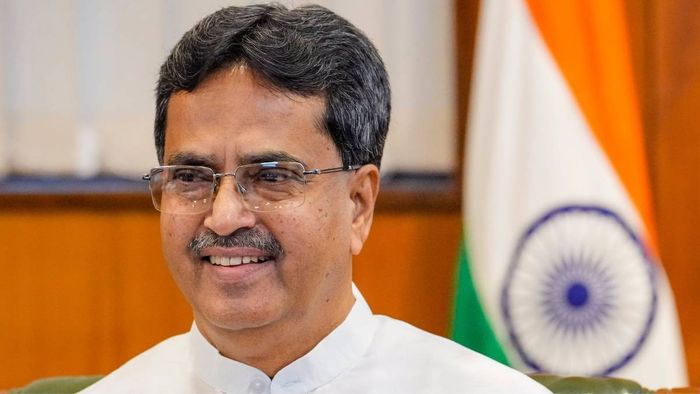"Tripura farmers' income doubled in 8 years": CM Manik Saha
Tripura Chief Minister Manik Saha on Sunday, June 8 asserted that the state has successfully doubled farmers' income over the past eight years, aligning with the national target set by Prime Minister Narendra Modi.

- Jun 08, 2025,
- Updated Jun 08, 2025, 7:54 PM IST
Tripura Chief Minister Manik Saha on Sunday, June 8 asserted that the state has successfully doubled farmers' income over the past eight years, aligning with the national target set by Prime Minister Narendra Modi.
Addressing a public programme at the Tufanialunga tea estate in West Tripura, the Chief Minister stated that the average monthly income of farmers in the state has risen from ₹6,580 in 2016 to ₹13,590 in 2024. Tripura is home to approximately 4.74 lakh farmers, many of whom have benefitted from various central and state government schemes.
“The current government is committed to improving the livelihoods of farmers, which is crucial for strengthening the rural economy. Prime Minister Modi regards farmers as ‘Annadata’, and it is his vision to double their income—a goal Tripura has already achieved,” said Saha.
Highlighting support mechanisms for the agrarian community, Saha informed that Tripura’s farmers have received ₹2,272 crore under the Pradhan Mantri Kisan Samman Nidhi (PM-KISAN) scheme from the Centre. Additionally, the state government has facilitated the sale of paddy under Minimum Support Price (MSP), amounting to ₹23 crore, and disbursed ₹446 crore in credit linkages under the Kisan Credit Card (KCC) scheme.
Encouraging the adoption of modern technology in agriculture, the Chief Minister revealed that the Agriculture and Farmers’ Welfare Department has distributed agricultural machinery worth ₹204.50 crore across the state.
Saha also praised the progress of the Krishi Sankalp Abhiyan, a nationwide outreach campaign to promote agricultural welfare. The programme, led in Tripura by Agriculture Minister Ratan Lal Nath, aims to reach 1.72 lakh farmers and is being implemented across 864 gram panchayats and village committees.
On the welfare of tea garden workers, the Chief Minister announced that the state government has initiated a plan to revive defunct tea estates by transferring management to the workers through cooperative systems. “We are committed to ensuring that the tea industry in Tripura develops sustainably,” he added.